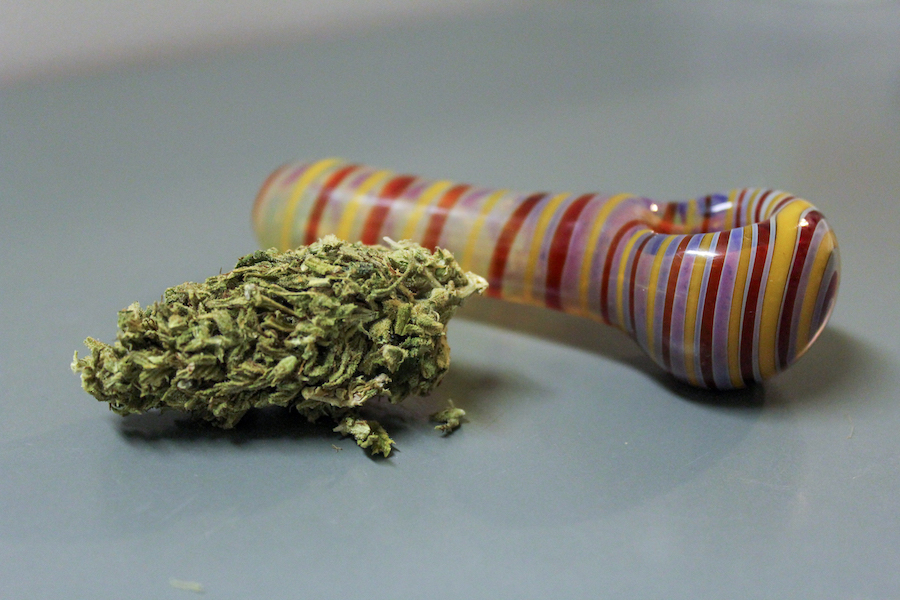
As a kid, I was always trying to skirt my parents’ rules. I stayed up late reading under the covers and I snuck extra cookies I wasn’t supposed to have. Yet, there is no clearer disregard for authority than marijuana use among Millennials. As punishment for use, members of the older Boomers and Generation X-ers in the federal government seem hellbent on keeping marijuana illegal, despite its popular recreational use since 1965.
In 1970, Congress placed marijuana on Schedule I of the Controlled Substances Act, making its sale and cultivation a felony. This decision came after a uniform consensus among some scientists that marijuana has “no accepted medical use.” Since then, 23 states and the nation’s capital have legalized medical marijuana. Recently, the surgeon general has called for a review of all drug policies. The federal government has yet to jump on board.
When it comes to weed, there really is no debate surrounding its safety. When you compare it to alcohol, another popular and easily abused — yet legal — substance, you’ll find that cannabis has been deemed by many medical professionals as much less harmful. In many cases, alcohol will be far more intoxicating than marijuana, and chronic drinkers will have a significantly worse withdrawal process.
People often associate drugs with crime, yet most crimes associated with weed have to do with possession and distribution, not with the physical reactions of those who smoke it. In fact, the rate of interpersonal violence is lower among people who smoke weed than among people who don’t. Violent assaults are often exacerbated by the presence of alcohol.
Those who oppose marijuana legalization point to its potential as a gateway drug. However, research has shown that those who experiment with weed are half as likely to become addicted as those who experiment with alcohol.
The greatest consequences stemming from illegal marijuana are the enormous social costs. In 2012, 658,000 people were arrested for marijuana possession. Interestingly, of these, less than 200,000 were white. Despite the discrepancy in arrest rates, actual cannabis use is roughly equal, varying at most around 5 percent. Legalizing marijuana will be a step forward in combating the injustice of disproportionate incarceration rates.
The people who oppose the decriminalization of marijuana are overwhelmingly old and white — around 70 percent of people aged 55 to 74 vote, compared to half that number for people under 25. Elected leaders mirror the will of voters, but not necessarily the population at large. While Millennials are far more progressive than their predecessors, leaders are still of the older Boomer generation — the generation most eager to support Donald Trump. Legislators continue to push their antiquated agenda despite the largest generation’s overwhelming support for its decriminalization.
Millennials are out to change the previous taboos. As the most progressive generation yet, 69 percent of Millennials favor legalizing weed. They also more fervently profess a deep commitment to fairness and equality. Embracing core values of diversity and tolerance opened Millennials to new ideas and virtues unprecedented in the young adult lives of previous generations. Cannabis is kept illegal according to old wills. Perhaps marijuana possession and distribution remains a felony because the people who regulate its criminality are put at an advantage by its illegality. Perhaps systematic flaws are overlooked, and as a consequence, minorities are oppressed to the benefit of privileged white populations.
It’s difficult to justify the continued restriction of cannabis when far more dangerous drugs are legal and available. Perhaps it’s just social tradition that makes older generations partial to alcohol’s perpetual acceptance. Or perhaps it’s something more.
You can reach KATELYN COSTA at kcosta@ucdavis.edu.









